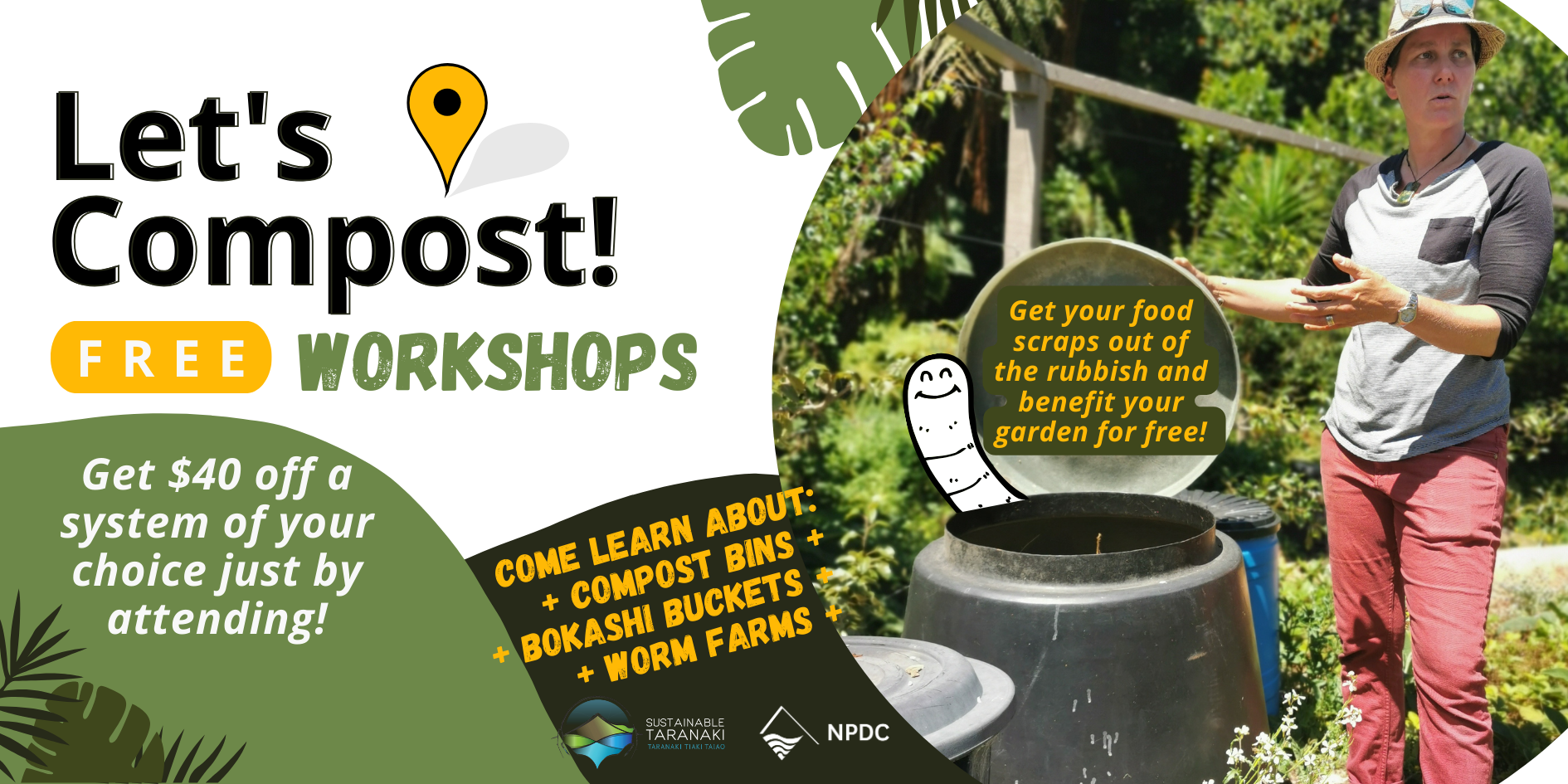Mission Compostable: 5 Easily Avoidable Composting Mistakes
1 - Composting ‘compostable’ packaging at home.
Nowadays, many items are labelled as ‘compostable’. However, these can’t go in your home compost bin. They only disintegrate in facilities with controlled temperature and humidity, so they are technically compostable but just won’t break down in your backyard pile.
You cannot put these items in your recycling bin, they have to go in your red landfill bin at home (or in the commercially composted public bins in town or at specific events.)
2 - Composting the wrong materials.
Composting the wrong things can cause bad odours, slowed decomposition, and even harm to your garden.
Make sure you avoid: bone and animal-based food scraps, greasy food, dairy-based products, whole eggs, cat litter, citrus, weeds, and plant clippings that have been treated with chemicals.
3 - Not having a balance of browns and greens.
When composing it is important to uphold the correct ratio of browns (dry leaves, shredded paper, hay, straw, cardboard) and greens (food scraps, garden waste, untreated grass clippings, coffee grounds etc). Too much “green” and the pile will start to smell and become a mess. Too much “brown” and decomposition will be slowed.
The perfect ratio is +/- 3 brown to 1 green. To maintain this, whenever you add a container of green kitchen waste, try to add 2 to 3 containers of browns.
4 - Letting your compost pile get too wet or too dry.
While moisture is good for decomposition, if it gets too wet or dry this can affect your compost negatively. Ideally, your compost is just right when your pile feels warm and smells earthy.
If it looks soggy and smells bad that means, it’s too wet and there’s not enough oxygen for microbes to do their work. If this is the case, mix in drier fallen leaves, straw, or shredded paper to fix.
In the opposite case, if your compost is too dry, add water a little bit at a time and mix until the materials are damp.
5 - You do NOT need to turn your pile (save your time and energy!)
If a pile is put together well, loosely (no compacting) and approximately same-sized bits of material, it does not have to be turned.
Turning breaks up essential hyphen (much-needed fungi to break down the carbon) and research has shown the extra oxygen only lasts for 20-40 minutes making the time/effort put in 'useless'!
Turning should only be done if it looks like the pile is getting compacted or waterlogged.
BONUS - Attend a FREE Let’s Compost Workshop and learn EVERYTHING about composting with our expert!*
*You’ll also get $40 off a composting system of your choice after the workshop.


